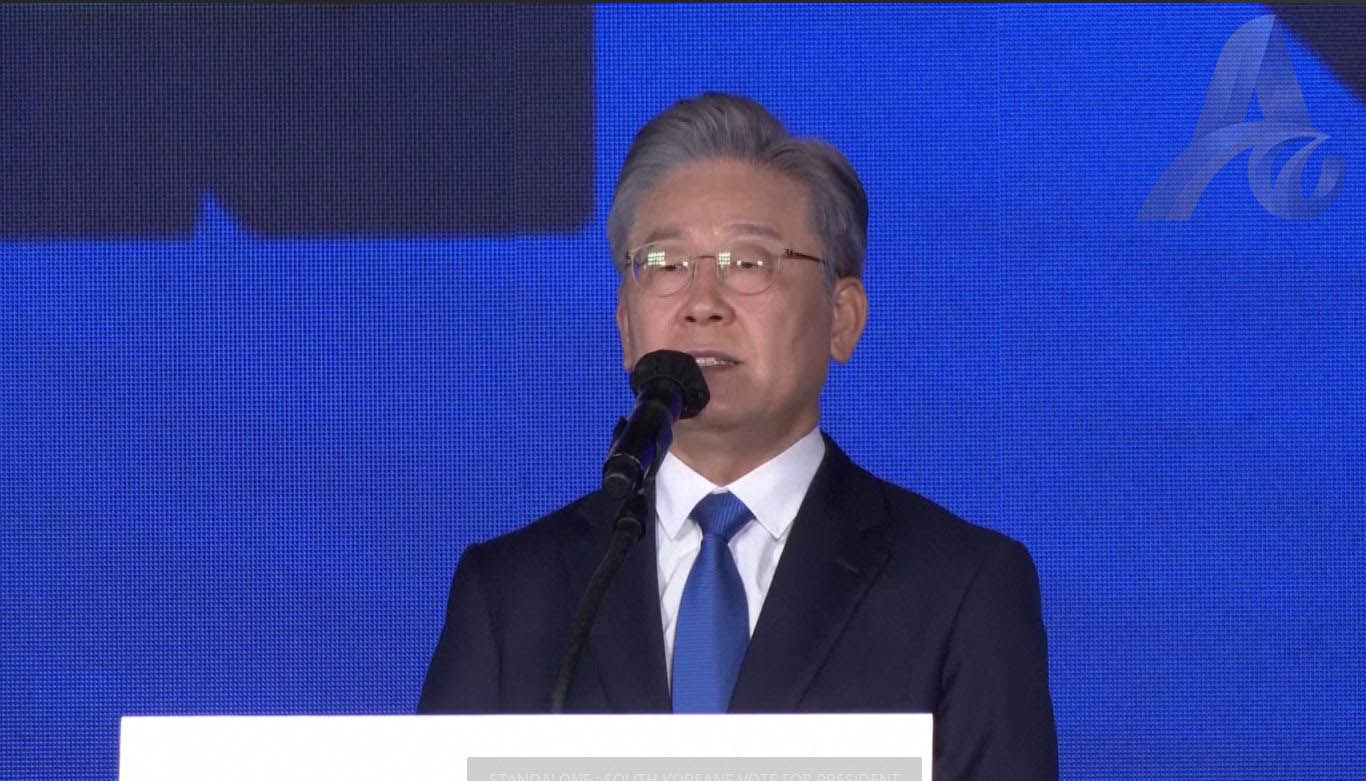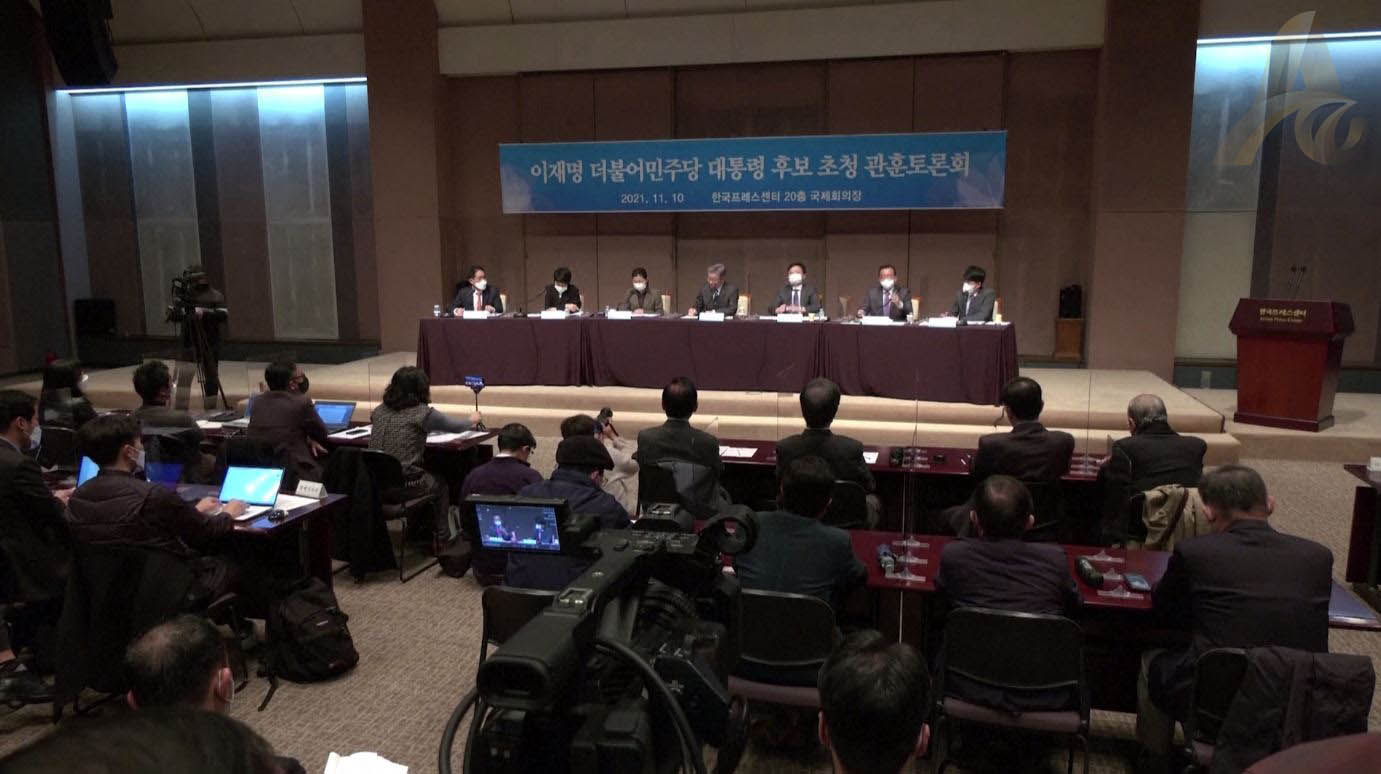INTERNATIONAL: South Koreans vote for a new president on Wednesday, with an outspoken liberal ruling party candidate and a conservative former prosecutor considered the favorites in a tight race that has aggravated domestic divisions.
Pre-election surveys have showed liberal Lee Jae-myung, a former governor of South Korea’s most populous Gyeonggi province, and his main conservative challenger, ex-prosecutor general Yoon Suk Yeol, with neck-and-neck support, way ahead of 10 other contenders. The winner will take office in May and serve a single five-year term as leader of the world’s 10th-largest economy.
Lee and Yoonhave conducted one of the most bitter political campaigns in recent memory. Both recently agreed that if they won they would not conduct politically motivated investigations against the other, but many believe the losing candidate could still face criminal probes over some of the scandals they’re been implicated in.
Critics say neither candidate has presented a clear strategy on how they would ease the threat from North Korea and its nuclear weapons. They also say voters are skeptical about how both would handle international relations amid the U.S.-China rivalry and how they would address widening economic inequality and runaway housing prices.
The election comes as South Korea has been grappling with an omicron-driven COVID-19 surge. On Wednesday, South Korea’s health authorities reported 342,446 new virus cases, another record high.
After the voting began at 6 a.m., masks-wearing voters have waited in long lines at some polling stations before putting on vinyl gloves or using hand sanitizers to cast ballots. People infected with the coronavirus were to vote after regular voting ends Wednesday evening.
About 44 million South Koreans aged 18 or order are eligible to vote, out of the country’s 52 million people. About 16 million cast ballots during early voting last week. About 3 1/2 hours after Wednesday’s voting began, the turnout stood at 8.2 percent, according to the website of the National Election Commission.
Ahead of the vote, Jeong Eun-yeong, a 48-year-old Seoul resident, has said she was agonizing over which candidate is “the lesser of two evils.”
“Nobody around me seems happy about voting” for either Lee or Yoon, she has said. “We need a leader who would be really devoted to improving the lives of working-class citizens.”
While both Lee and Yoon share some similar economic and welfare policies, they have clashed over North Korea and other foreign policy issues.
On confrontation between Washington, Seoul’s top military ally, and Beijing, its biggest trading partner, Lee says picking a side would pose a greater security threat to South Korea. Yoon wants to place a priority on an enhanced alliance with the United States.
After North Korea’s latest reported ballistic missile launch Saturday, Yoon has accused North Korean leader Kim Jong Un of trying to influence the results of the South Korean election in favor of Lee.
South Korea’s constitution limits a president to a single five-year term, so Lee’s party colleague, President Moon Jae-in, cannot seek a reelection. Moon came to power in 2017 after conservative President Park Geun-hye was impeached and ousted from office over a huge corruption scandal.
Lee, a former human rights lawyer who entered local politics in 2005, has established an image as a tough-speaking, anti-elitist who can get things done and fix establishment politics. But his opponents call him a dangerous populist relying on divisions and demonizing opponents.
Yoon has launched a political offensive on Lee over allegations that Lee is a key figure in a corrupt land development project launched in the city of Seongnam when he was mayor there. Lee has tried to link Yoon to that scandal. Both of their wives have offered public apologies over separate scandals.
Whoever wins will likely struggle to bridge conservative-liberal divisions.
“Both candidates have failed to create their own, distinctive images because they became absorbed in party allegiances amid partisan animosity, so the race was defined by negative campaigning,” said Shin Yul, a politics professor at Seoul’s Myongji University. “Whoever wins will be tasked with an important but difficult task of healing the divisions.”























